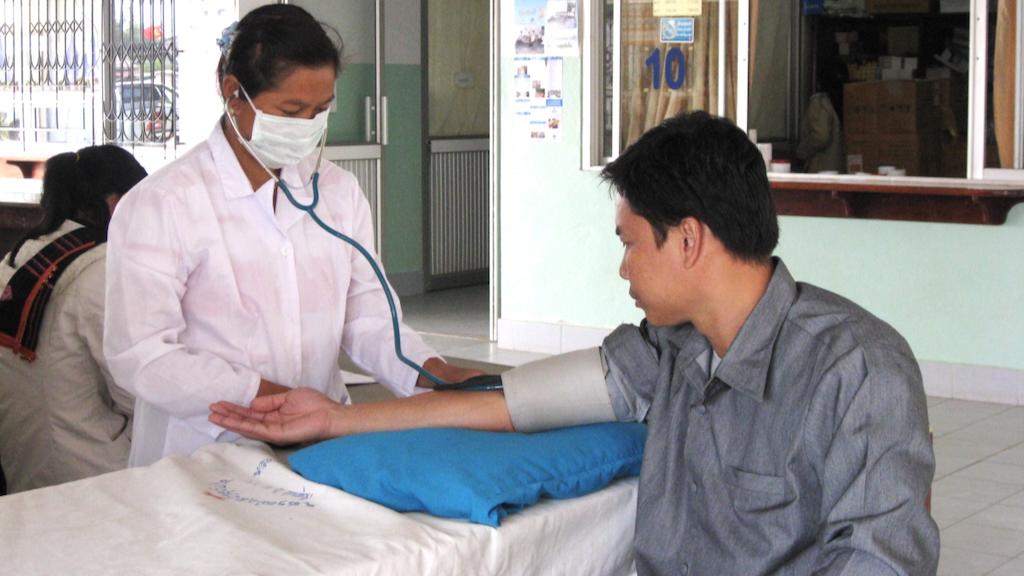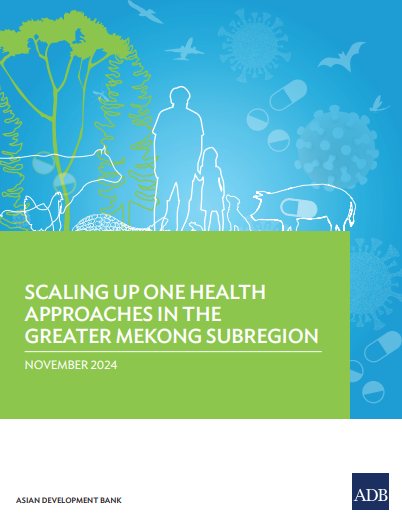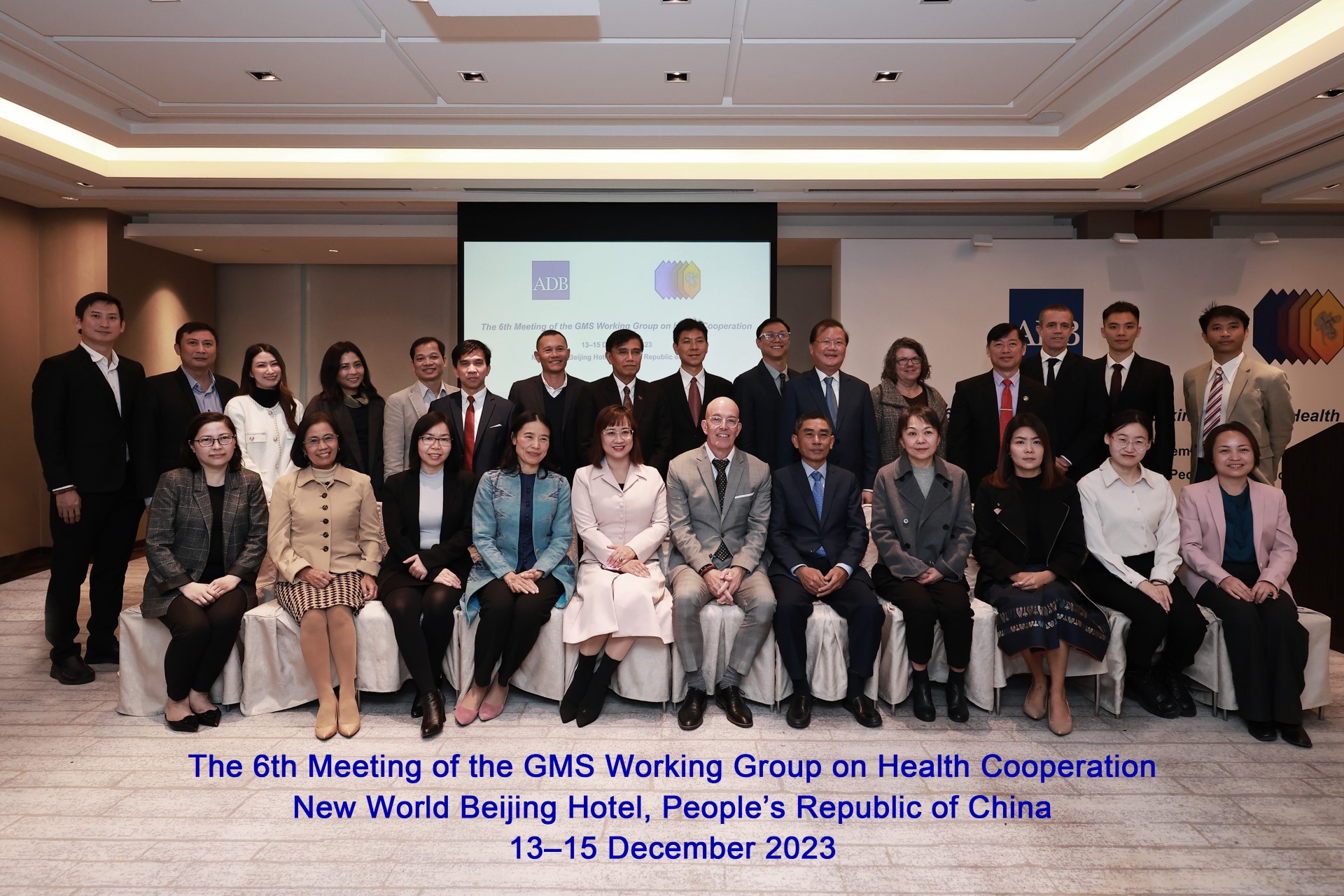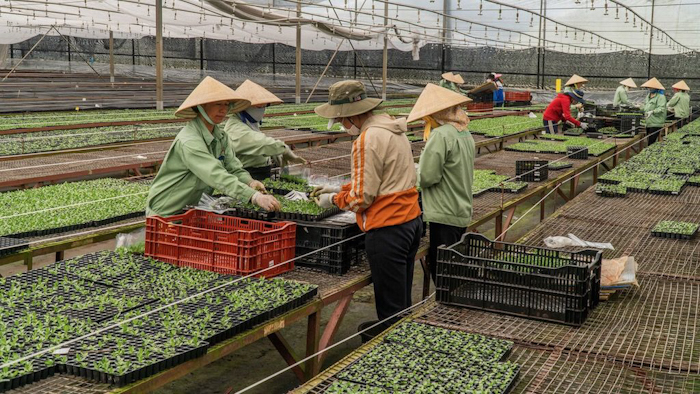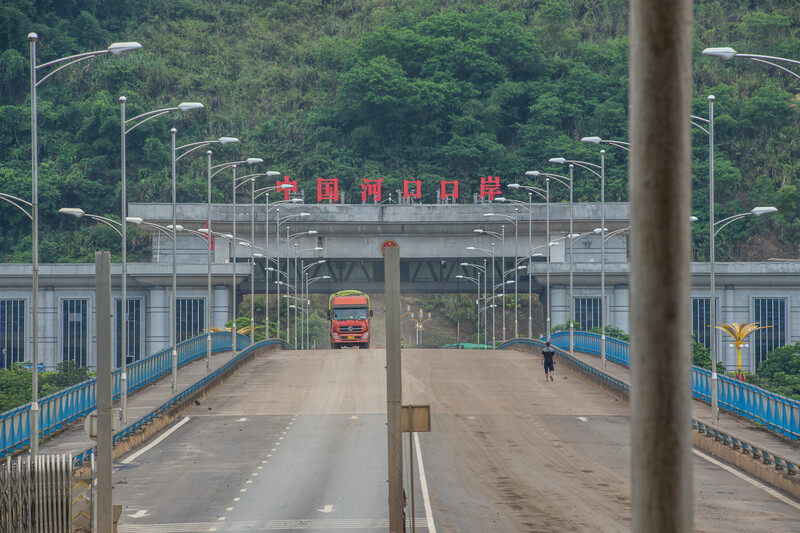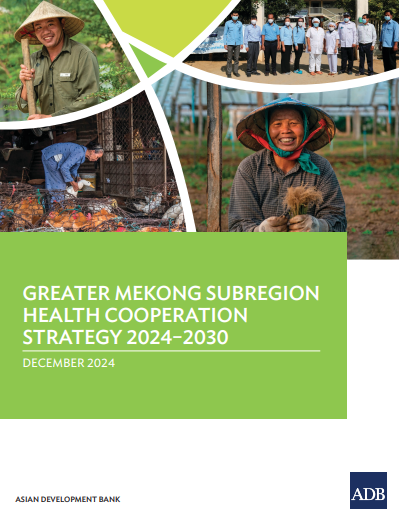
GMS Regional Health Cooperation Strategy 2024-2030
Regional health cooperation is a priority for the countries of the Greater Mekong Subregion (GMS) and an integral part of the GMS Economic Cooperation Program Strategic Framework 2030. It utilizes the subregion's expertise in health leadership, human resource capabilities, and programmatic experience to tackle their shared health issues and cross-border challenges

